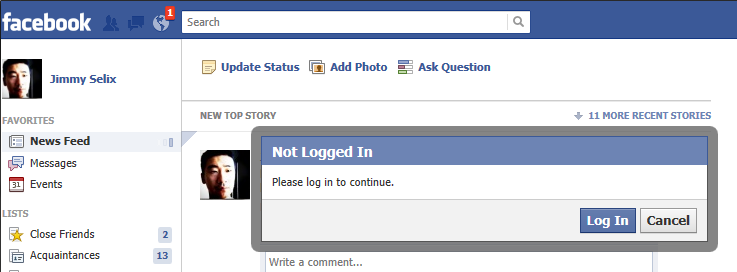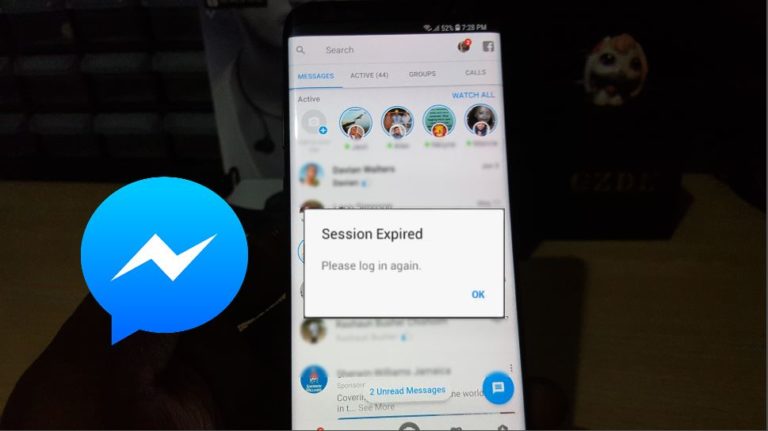


After that, the company said it suspended tens of thousands of apps as part of its ongoing investigation into how third-party apps on its platform collect, handle and utilize users’ personal data. The company said it hasn’t seen evidence that this issue resulted in sharing information that was inconsistent with the permissions people gave when they logged in using Facebook, however.įacebook’s privacy troubles began in 2018 after its Cambridge Analytica privacy snafu. However, recently, “we discovered that in some instances apps continued to receive the data that people had previously authorized, even if it appeared they hadn’t used the app in the last 90 days,” said Konstantinos Papamiltiadis, vice president of Platform Partnerships with Facebook, in a Wednesday post.įor example, “this could happen if someone used a fitness app to invite their friends from their hometown to a workout, but we didn’t recognize that some of their friends had been inactive for many months,” he said.įacebook estimates that 5,000 developers were able to continually receive information (such as language or gender) on “inactive” app users, in this manner. As part of that, Facebook announced it would automatically expire an app’s ability to receive a user’s data if they hadn’t used the app in 90 days. In 2018, on the heels of the Cambridge Analytica privacy incident, Facebook debuted stricter controls over data collection by third-party app developers. The social media giant said that it recently discovered that 5,000 developers received data from Facebook users - long after their access to that data should have expired. Facebook is facing yet another privacy faux pas in how its users’ data is collected and used by third-party apps.


 0 kommentar(er)
0 kommentar(er)
